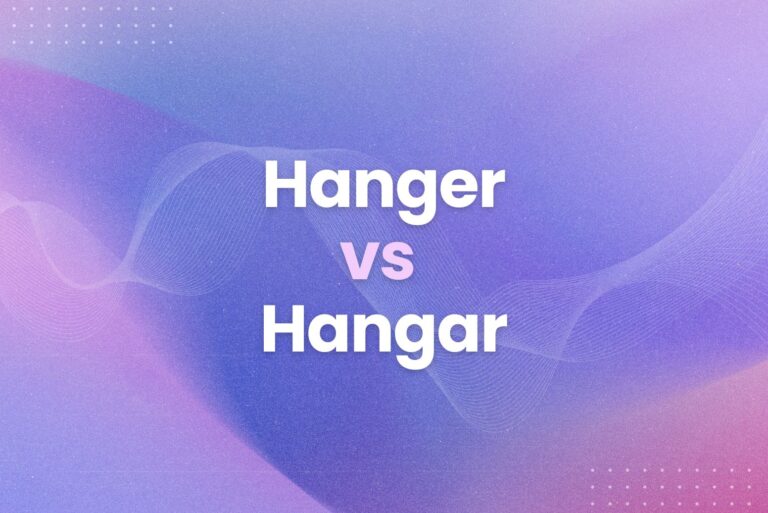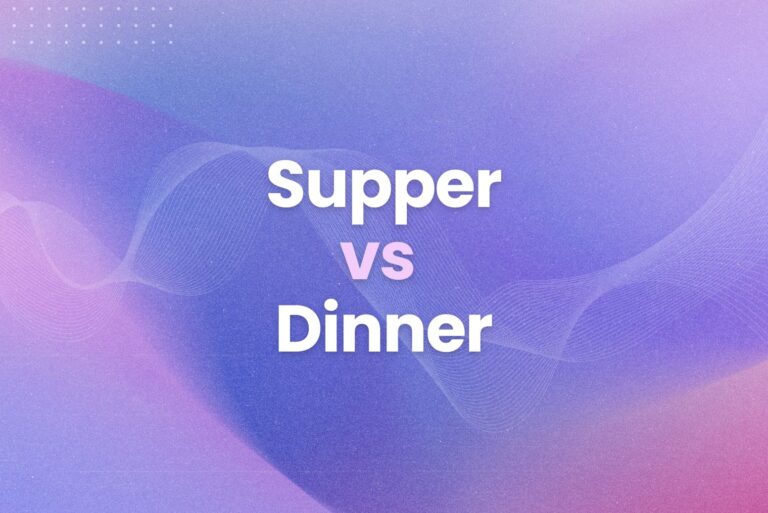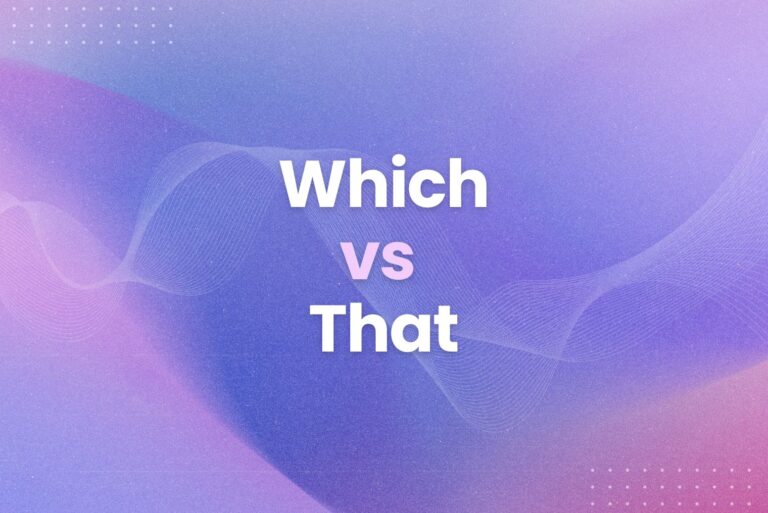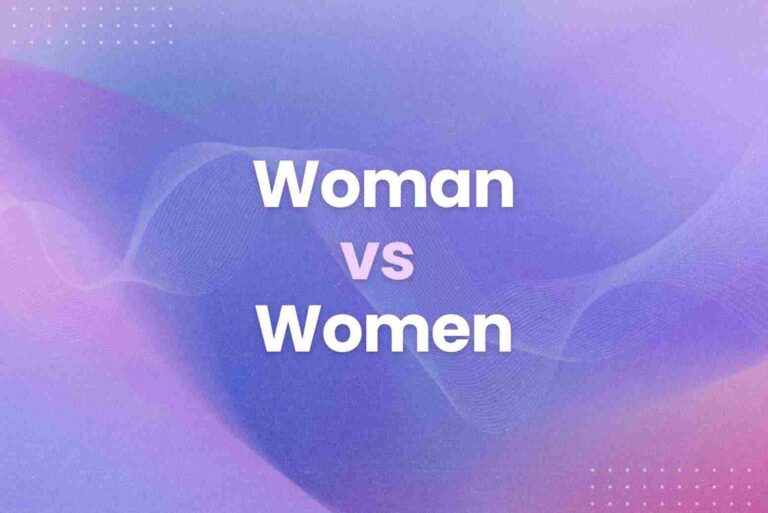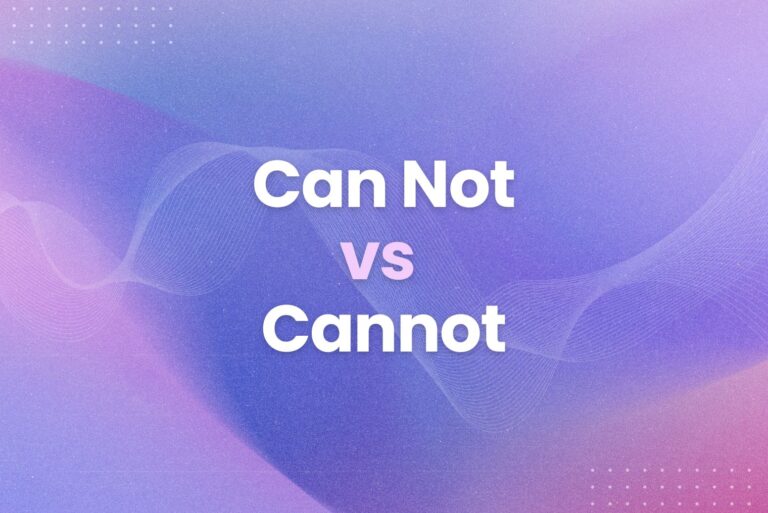Learned vs Learnt: Which is Correct and When to Use Each
You’re not alone if you’ve ever wondered whether to use “learned” or “learnt.” It’s a common grammar conundrum that many people find tricky. But fear not. We’re here to clear things up.
This article will explain the difference between learned vs learnt. Here’s what we’ll cover:
- The difference between “learned” and “learnt”
- Simple tricks to remember which one to use
- Common mistakes (and how to avoid them)
Definitions and Examples
Let’s start with the basics. Both “learned” and “learnt” are past tense forms of the verb “to learn.” They mean the same thing: to gain knowledge or skill.
So, what’s the difference? It mostly comes down to where you live.
- Learned: This is the common spelling in the United States and Canada.
- Learnt: This spelling is more regular in the United Kingdom, Australia, and other countries with British English influences.
Consider “color” (American) and “color” (British). They both refer to the same thing, but the spelling varies depending on your location.
Here are a few examples to illustrate:
- American English: “I learned how to ride a bike when I was five.”
- British English: “I learnt how to bake a cake from my grandmother.”
While both spellings are generally acceptable, it’s best to stick with one consistently in your writing. This keeps your writing clear and polished.
But what if you’re not sure which spelling to use? Or maybe you’re anxious about making other grammar mistakes? That’s where Arvin comes in.
Arvin is an AI-powered browser extension that can help you with your grammar (and a whole lot more). With Arvin, you can:
- Check your spelling and grammar in real-time.
- Get instant feedback on your writing.
- Learn from your mistakes and improve your writing skills.
Think of Arvin as your personal grammar guru, always there to lend a helping hand. Just imagine…no more grammar gaffes.
The Difference Between Learned vs Learnt
So, we know that both terms are correct. But is there really no difference?
Actually, there might be a tiny nuance. Some language enthusiasts argue that “learnt” implies a more practical skill, while “learned” suggests something more academic. For example:
- “She learnt to knit from her aunt.” (practical skill)
- “He learned about the history of the Roman Empire.” (academic knowledge)
However, this distinction is subtle and not a strict rule. In most cases, you can use either spelling interchangeably.
Still, feeling confused? No worries. Let’s simplify things.
A Simple Trick to Remember
Here’s an easy way to remember which spelling to use:
- If you’re in the US or Canada, use “learned.”
- If you’re in the UK, Australia, or another British English region, use “learnt.”
Consider it this way: “Learned” has an extra “e,” just like the word “America.”
Common Mistakes (and How to Avoid Them)
Even with the simple “learned” vs. “learnt” distinction, it’s easy to slip up. Here are some common mistakes to watch out for:
- Firstly, using “learnt” in American English: While they generally understand, sticking to “learned” is best if you’re writing for an American audience.
- Then overusing “learnt” in British English: Even in British English, they sometimes prefer “learned”, especially in formal writing or when referring to academic subjects.
- Laslty, inconsistency: Switching between “learned” and “learnt” within the same piece of writing can look unprofessional. Choose one and stick with it!
But hey, we get it. Nobody’s perfect. Even the most experienced writers make mistakes from time to time.
That’s why we are introducing Arvin.
Arvin’s grammar checker can catch those pesky errors before you hit publish. It’s like having a proofreader on standby 24/7. Plus, Arvin can even help you improve your writing style over time.

Write with Confidence Using Arvin
We’ve covered the key differences, common mistakes, and even thrown in some handy tips. Now you can confidently use these words in your writing, no matter where you are in the world.
Here are the key takeaways:
- Both “learned” and “learnt” are correct past tense forms of “learn.”
- American English prefers “learned”, while “learnt” is more common in British English.
- Consistency is key. Stick to one spelling throughout your writing.
But hey, even with these guidelines, it’s easy to make mistakes. That’s why we encourage you to try Arvin. Our AI-powered grammar checker can catch those little errors and help you write with clarity and confidence. So why not give it a go?
FAQs
Both are correct. “Learned” is the preferred spelling in American English, while “learnt” is more common in British English. However, one can generally accept and understand both.
Canadians typically use “learned,” following the American English convention. This is due to historical and cultural ties with the United States, as well as the influence of American English in media and education.
Australians generally use “learnt,” aligning with British English spelling. This is because Australia was a British colony, and British English has had a significant impact on Australian English. However, it’s worth noting that Australian English is becoming increasingly diverse, and there is some variation in spelling and usage.
The third form of “learn” (past participle) is “learned” in American English and “learnt” in British English. You would use this form with “have” or “has,” for example, “I have learned/learnt a lot today.”
Oxford English, being a form of British English, typically uses “learnt.”
So, as you can see, the choice between learned vs learnt depends mainly on your audience and the style of English you’re using.
